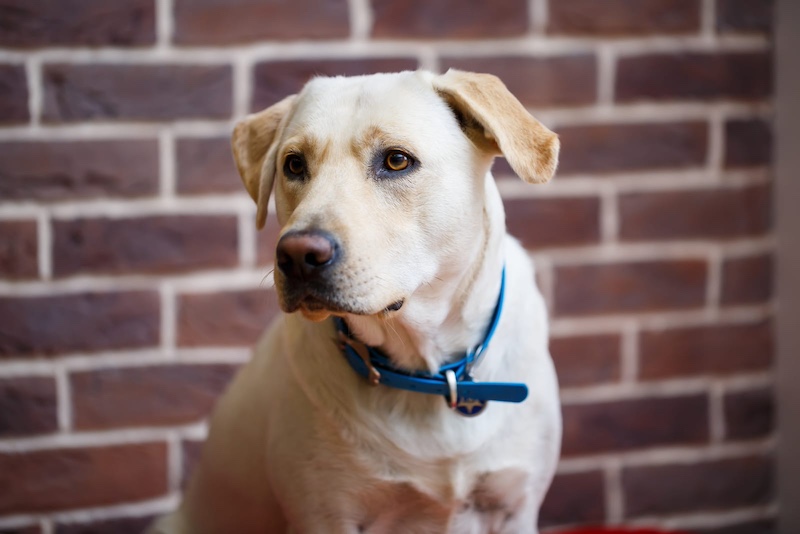
Dogs are widely known for their incredible sense of smell, with some breeds particularly excelling in this area. Their olfactory capabilities are far superior to humans’, with up to 300 million scent receptors compared to our mere 5 million. This extraordinary sense allows them to perform tasks ranging from hunting and tracking to search and rescue operations. Let’s explore ten dog breeds with the best sense of smell.
1. Bloodhound

The Bloodhound is the undisputed champion of scent-tracking. Bred for hunting deer and wild boar, these dogs have over 230 million scent receptors. They can track a scent trail for days, even across water, and are frequently used in search and rescue missions. Their droopy ears and wrinkled skin help trap scent particles, making them exceptionally effective at their job.
2. Basset Hound
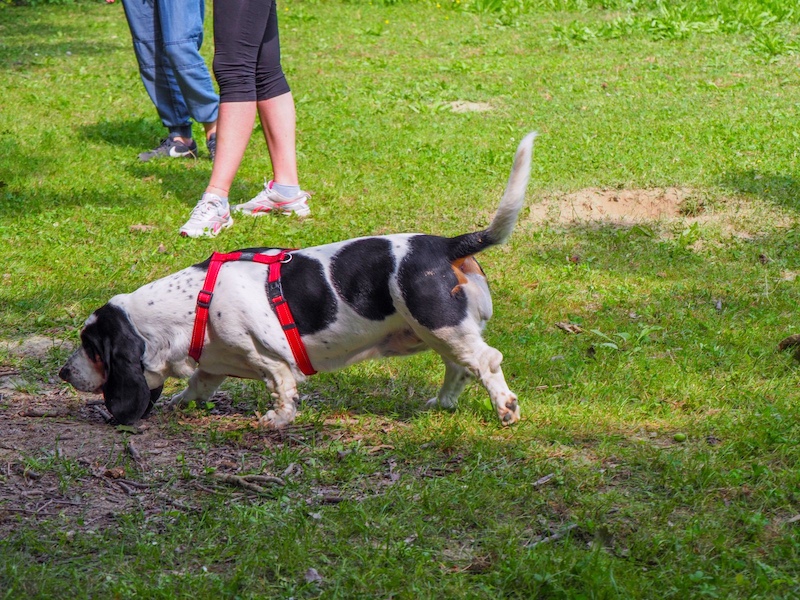
Basset Hounds are known for their long ears and droopy appearance, but they also have a fantastic sense of smell. With around 220 million scent receptors, they can track scents on the ground with great accuracy. Originally bred for hunting hare, their slow pace and endurance make them excellent at following scent trails over long distances.
3. Beagle
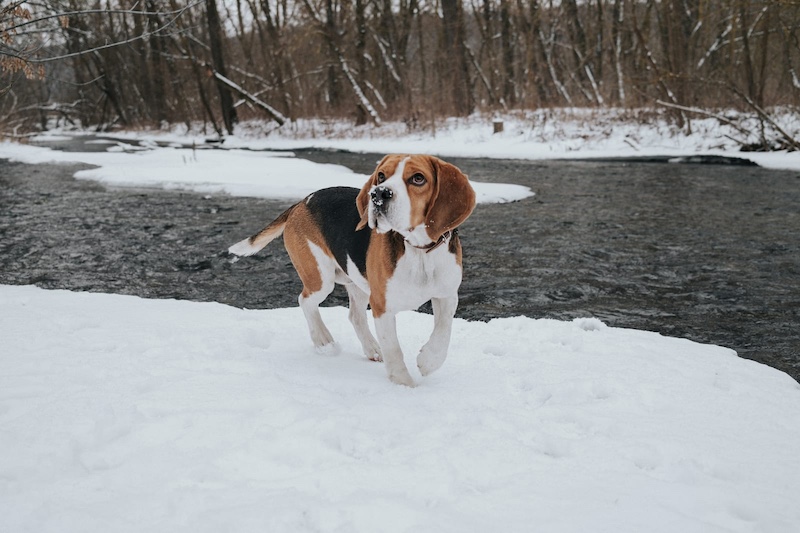
Beagles have one of the most refined noses in the canine world, with about 225 million scent receptors. These small, energetic dogs were bred for hunting rabbits and hares. Today, their keen sense of smell makes them valuable in detection work, including sniffing out drugs, explosives, and even agricultural pests.
4. German Shepherd
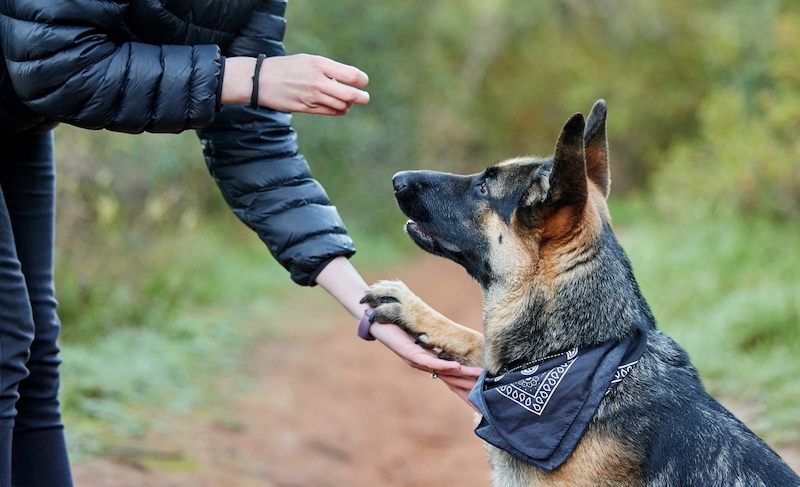
German Shepherds are versatile working dogs, known for their intelligence and loyalty. They have around 225 million scent receptors and are often employed in police and military roles, including bomb and drug detection. Their strong work ethic and keen sense of smell also make them excellent search and rescue dogs.
5. Labrador Retriever
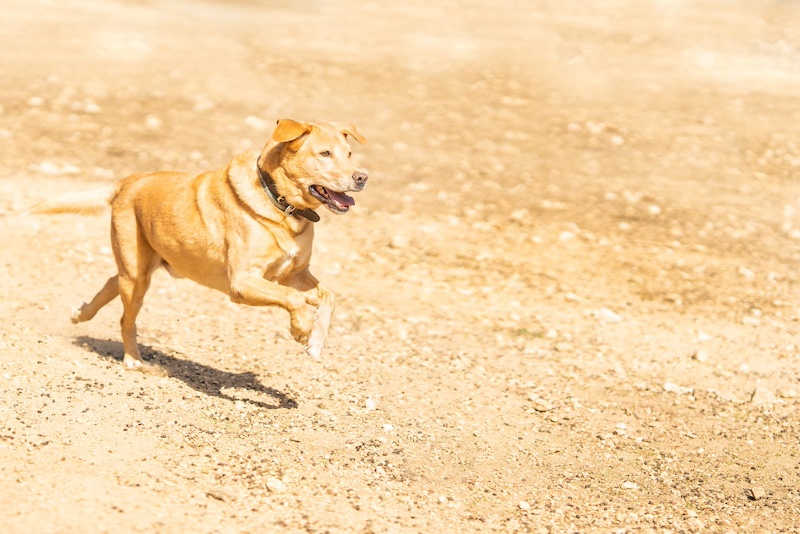
Labradors are not only beloved family pets but also have a keen sense of smell. With about 200 million scent receptors, they are frequently used in detection work. Labradors excel in detecting explosives, drugs, and even medical conditions like low blood sugar levels in diabetic patients. Their friendly and trainable nature adds to their appeal in these roles.
6. Golden Retriever
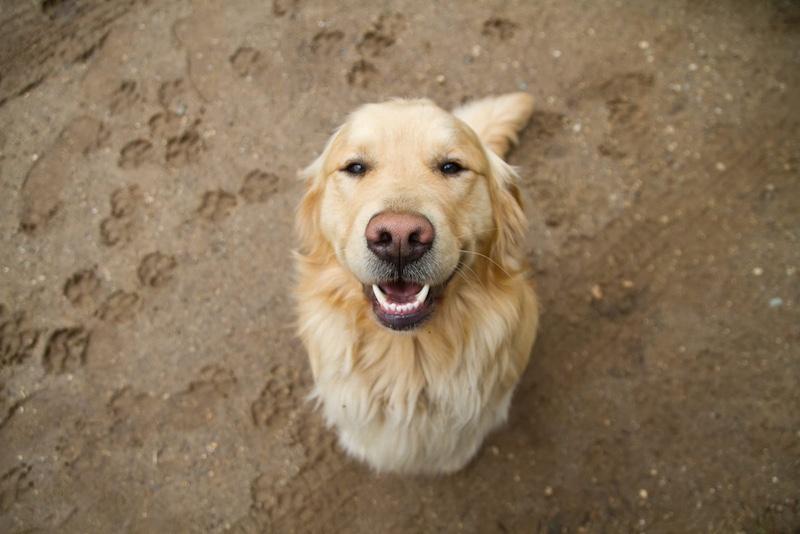
Golden Retrievers are not only popular family pets but also have an impressive sense of smell. With around 200 million scent receptors, they excel in various detection roles, including search and rescue, as well as detecting drugs and explosives. Their friendly disposition and eagerness to please make them ideal for working closely with humans in these capacities.
7. Belgian Malinois
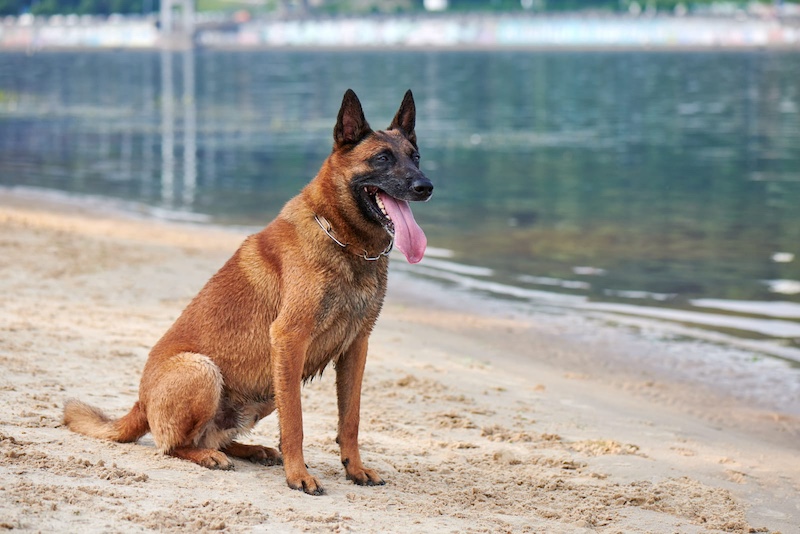
The Belgian Malinois is a highly intelligent and versatile breed with a sharp sense of smell. With about 225 million scent receptors, they are often employed in police and military work, much like the German Shepherd. Their agility and keen sense of smell make them ideal for detecting explosives and narcotics.
8. Cocker Spaniel

Cocker Spaniels are known for their friendly disposition and beautiful, flowing coats. They also have an excellent sense of smell, with around 220 million scent receptors. Originally bred as hunting dogs, they are still used in field work today. Their keen noses make them adept at sniffing out drugs and other contraband.
9. Springer Spaniel
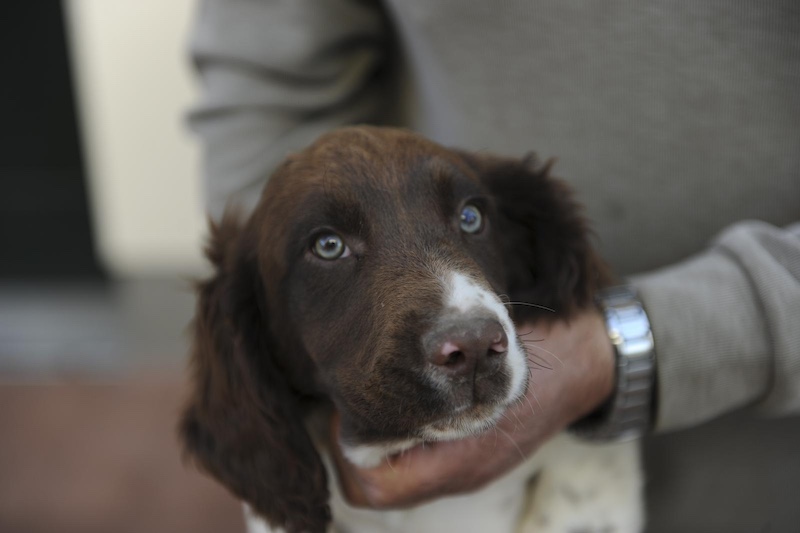
Springer Spaniels are energetic and highly trainable, with a great sense of smell. They have approximately 200 million scent receptors and are often used in search and rescue and detection work. Their strong hunting instincts and enthusiasm make them excellent working dogs in various scent-related roles.
10. Pointer
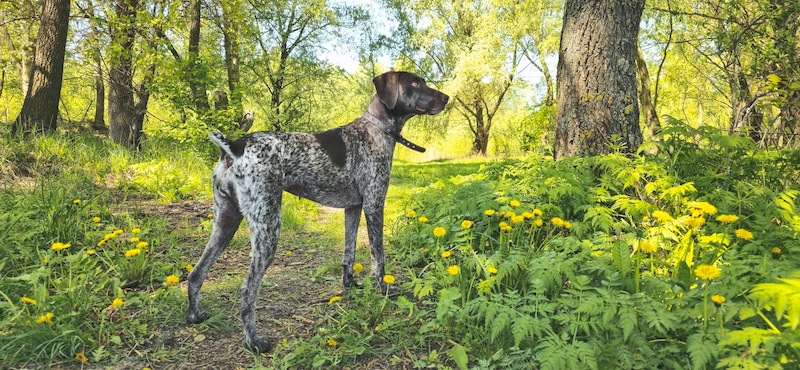
Pointers are known for their hunting prowess, particularly in locating game birds. They have around 220 million scent receptors and are skilled at tracking scents both on the ground and in the air. Their name comes from their instinctive habit of “pointing” toward the location of game, indicating its position to hunters.
This content was created with the assistance of AI and thoroughly edited by a human before publishing
